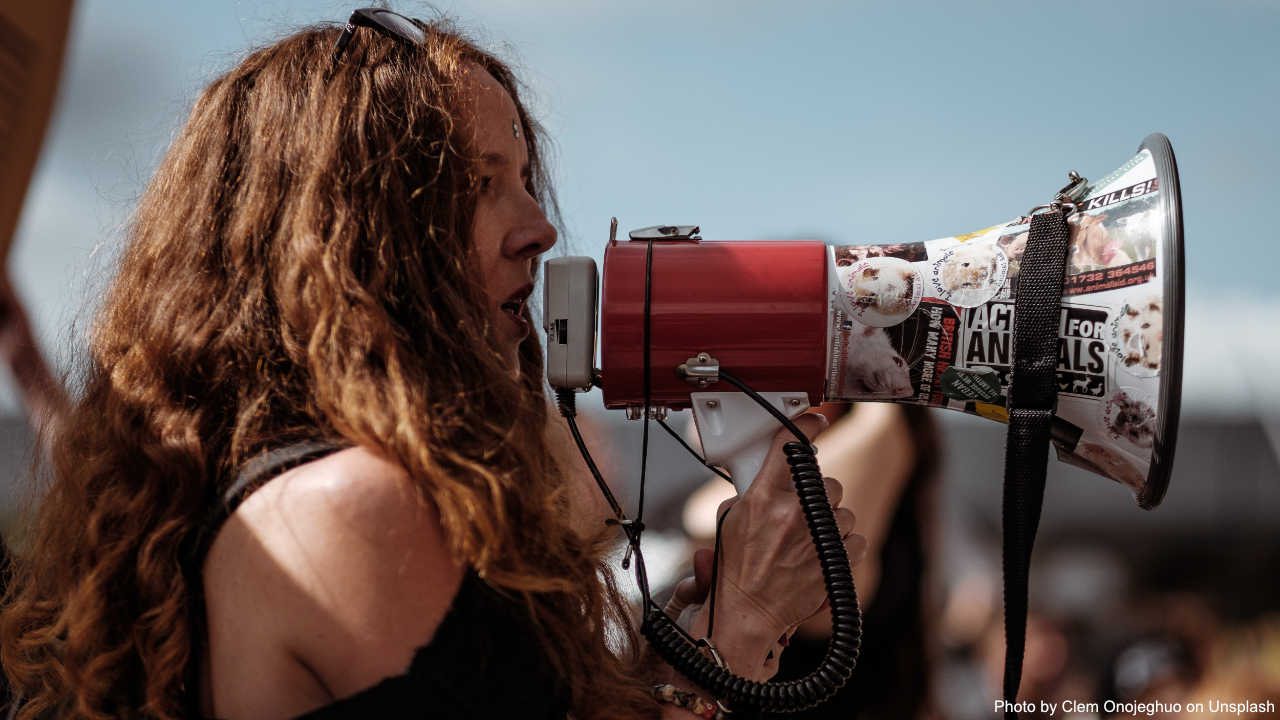One year ago this week, after a shameful process, the Senate confirmed Brett Kavanaugh, the least popular Supreme Court nominee of all time, to the nation’s highest court by the narrowest of margins. Last month, the Department of Justice announced they’d be giving one of their most prestigious awards to the legal team that supported Kavanaugh’s confirmation. Within hours of that announcement, news broke with more evidence that Kavanaugh lied during the hearings and that Senate Republicans and the FBI suppressed a real investigation into his history of sex crimes.
Today, Kavanaugh sits on the Supreme Court with a lifetime appointment (that is, until he’s impeached. Join the movement). The women who came forward about their abusive experiences with Kavanaugh don’t yet have the justice they sought. What they do have is a country full of survivors and their allies indebted to them for creating the space to be heard, to insist on the radical idea that survivors should be believed, and for creating the momentum we need for a political revolution.
I remember the day Kavanaugh was confirmed vividly. Mostly, I recall standing in a sea of people on Capitol Hill, promising myself – as a survivor and as the leader of UltraViolet, a gender justice organization with 1.2M members all over the country – that we would use the power that had been built and the love we had shown ourselves, fellow survivors, and our allies to take on the culture and the political systems that made Kavanaugh’s confirmation possible.
It was a hard day because of what it portended for Supreme Court decisions that impact all of us – especially people of color, women, and LGBTQ folks. It was a hard day for our democracy and particularly survivors of sexual assault. But what I also felt that day – among survivors, activists from across the country, members of Congress, and leaders – was powerful. What I saw that day was hope for a future world beyond white supremacist patriarchy.
The Republicans’ decision to ram through a vote on Kavanaugh set up what history will treat as one of the most important political shifts of our generation: the November 2018 midterm elections when the most diverse Democratic-majority ever was elected to the US House of Representatives, ending Republican control of Congress and elevating the voices of powerful new leaders like Ayanna Pressley and Alexandria Ocasio-Cortez. We didn’t know it the day Kavanaugh was confirmed, but you could feel it: the country’s awakening to the connections between politics, policy, and misogyny was massive and the political implications were going to be real.
Fittingly, the vote to confirm Kavanaugh to the Supreme Court fell on the first anniversary of the #MeToo movement. Exactly one year earlier, UltraViolet’s work with The New York Times to expose Harvey Weinstein lit the match that would become a nationwide rallying cry for survivors everywhere, thanks to Tarana Burke’s #MeToo movement.
In the year prior, women had suffered through the election of Donald Trump, who won despite the claims of 30 women who alleged he had abused them and his own infamous Access Hollywood declaration that he could “grab them by the p*ssy.” Hundreds of thousands of women and their allies responded to that moment by taking to the streets the day after his inauguration. The Women’s March stunned the nation in its size and scope and kicked off a resistance movement that would lead to a record number of resignations and help stifle Trump’s legislative priorities.
Kavanuagh’s nomination was a slap in the face to women who had been rising up since Trump’s election and the millions who had been fighting for women’s reproductive health for decades before. It was also a rallying cry. When Dr. Christine Blasey Ford stepped forward, courageously reliving her worst trauma to do her duty as a citizen, she ignited a nation-wide response of “We Believe Her” (with credit to the survivors on college campuses who started that paradigm-shifting concept years ago). She conjured the painful memory of Anita Hill’s treatment during the Thomas confirmation hearings decades earlier that moved a whole generation of women to embrace feminism.
Republicans buckled under intense public pressure to reopen Kavanaugh’s confirmation hearings. When the president tweeted his doubts about why Dr. Ford didn’t report the assault as a child, the internet responded with a collective outpouring of support and solidarity for her. The hashtag #WhyIDidntReport became home to a tsunami of grief and recollection. As Dr. Ford testified before the Senate, the RAINN hotline experienced a 338% increase in calls. At the same time, C-SPAN was inundated with phone calls from survivors, some septuagenarians, triggered to share their pain for the first time, in solidarity with Dr. Ford.
People from all over the country showed up to demand they be heard in DC and state capitals. UltraViolet set up a volunteer training in DC, led by independent activist Melissa Byrne alongside organizers from Center for Popular Democracy, NARAL, Women’s March, Vote Pro Choice, Planned Parenthood, and others, for people who were willing to confront senators directly with their stories. They courageously and generously gave something of themselves so that senators would understand what was at stake with their decision. As a result, UltraViolet member, Maria Gallagher, and CPD Co-Director, Ana Maria Archila, confronted then-Arizona-Senator Jeff Flake and showed the world how powerful a survivor speaking their truth could be. We held protests and rallies at Senate offices in states like Maine, Colorado, Arizona, Alaska, and Iowa where the power of people’s votes could be felt most directly.
Back in DC, when Dr. Christine Blasey Ford, Deborah Ramirez, and Julie Swetnick came forward to describe how Kavanaugh had sexually abused them, he lashed out in ways women could never get away with and revealed a white male entitlement we recognize all too well. He was belligerent, dishonest, disrespectful, and so extremely partisan that the American Bar Association began re-evaluating his rating as a judge.
At the same time, the Republican machine to confirm Kavanaugh turned up the intensity and pushed a process designed to bypass serious scrutiny and put someone they could trust – an anti-woman, elitist white man -on the Supreme Court. Republican political operatives were pushing the narrative during the nomination fight that Senate candidates would suffer at the polls if they voted against Kavanaugh. What Republicans were also counting on was that women would forget about Kavanaugh by the time they voted in November 2018.
Instead, when women showed up to the polls for midterm elections, they voted to elect the most diverse Democratic-majority Congress in history. Women who believed Dr. Ford and opposed Kavanaugh’s nomination to the Supreme Court recognized that the only way to defeat a system dedicated to preserving its own power at the expense of everyone else is to step forward–on the streets, on the ballot, and in the voting booth.
Republican senators like Susan Collins (Maine) and Corey Gardner (Colorado) outed themselves as the protectors of a culture and a politics that protects abusers over the welfare of women. Their party will feel the consequences of that for generations to come. The question is, will Democrats step up and prove they are the champions of women and survivors everywhere?

